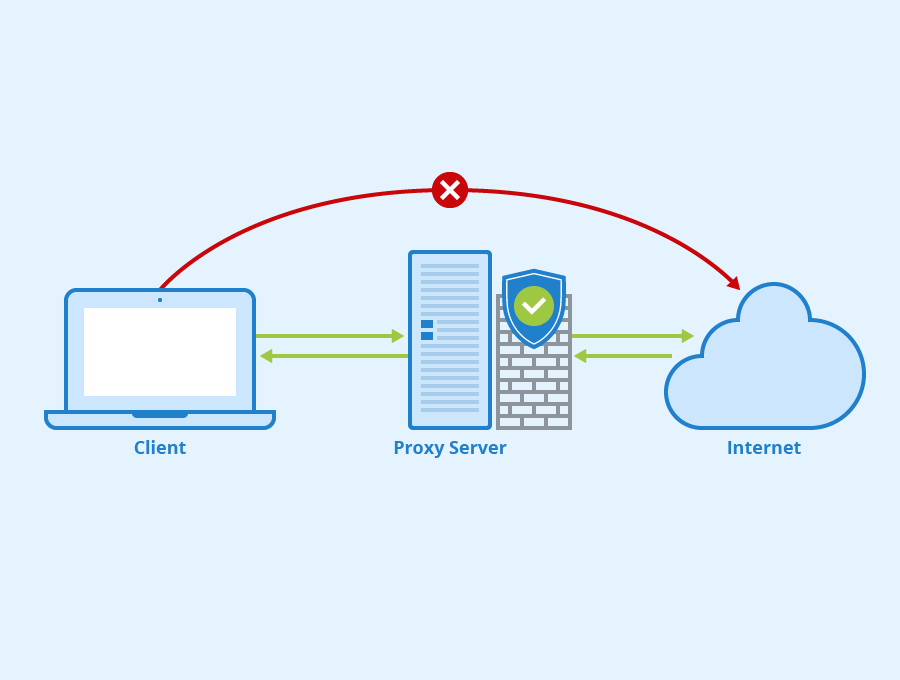4G Mobile Proxy & DNS Leaks
Mobile proxies, particularly those using 4G networks, have gained popularity for their ability to provide enhanced anonymity and bypass restrictions. However, as reported by users on various forums, these proxies can sometimes experience DNS leaks, potentially compromising privacy and revealing the user’s true location or identity.
Resolving DNS Leaks on Mobile Proxies
To resolve DNS leaks on mobile proxies, users can take several steps:
- Configure the VPN or proxy to use only its own DNS servers, forcing the device to route all DNS requests through the secure tunnel.
- Enable the “block-outside-dns” option in OpenVPN configurations to prevent DNS requests from bypassing the VPN.
- Use a firewall to block DNS requests from leaving the device except through the VPN or proxy connection.
- Consider using DNS over HTTPS (DoH) or DNS over TLS (DoT) to encrypt DNS queries and prevent interception.
- For Android devices, install apps like 1.1.1.1 by Cloudflare that can encrypt DNS requests and protect against leaks.
If issues persist, users should contact their VPN or proxy provider for specific troubleshooting steps, as the exact solution may vary depending on the service and device configuration.
Which Are The Benefits of Rotating 4G Proxies?
4G proxy rotation offers several key benefits for users seeking enhanced online privacy and functionality:
- Improved anonymity: Regularly changing IP addresses makes it difficult for websites to track user activity or identify patterns.
- Bypassing geo-restrictions: Rotating IPs from different locations allows access to region-locked content.
- Reduced risk of IP bans: Frequent IP changes help avoid detection and blocking during high-volume tasks like web scraping.
- Enhanced security: Dynamic IPs make it harder for malicious actors to target specific users or exploit vulnerabilities.
- Increased request volume: Rotating proxies can handle more concurrent connections without triggering rate limits.
By leveraging the natural variability of mobile networks, 4G rotating proxies provide a powerful tool for maintaining online privacy while enabling access to a wider range of digital resources.
IPv4 Challenges in Proxy Usage
IPv4 proxies face significant challenges due to the exhaustion of available addresses, leading to increased costs and reduced effectiveness for users. The limited IPv4 address space has resulted in:
- Scarcity of unique IP addresses, making it difficult for proxy providers to offer a diverse pool of IPs
- Higher detection rates by websites and services, as IPv4 proxies are more easily identified and blocked
- Increased competition for available addresses, driving up costs for both providers and end-users
These limitations have prompted a shift towards IPv6 proxies, which offer a vastly larger address space and improved anonymity. However, the transition to IPv6 is not without its own challenges, including compatibility issues with older systems and the need for specialized expertise in deployment and management.



